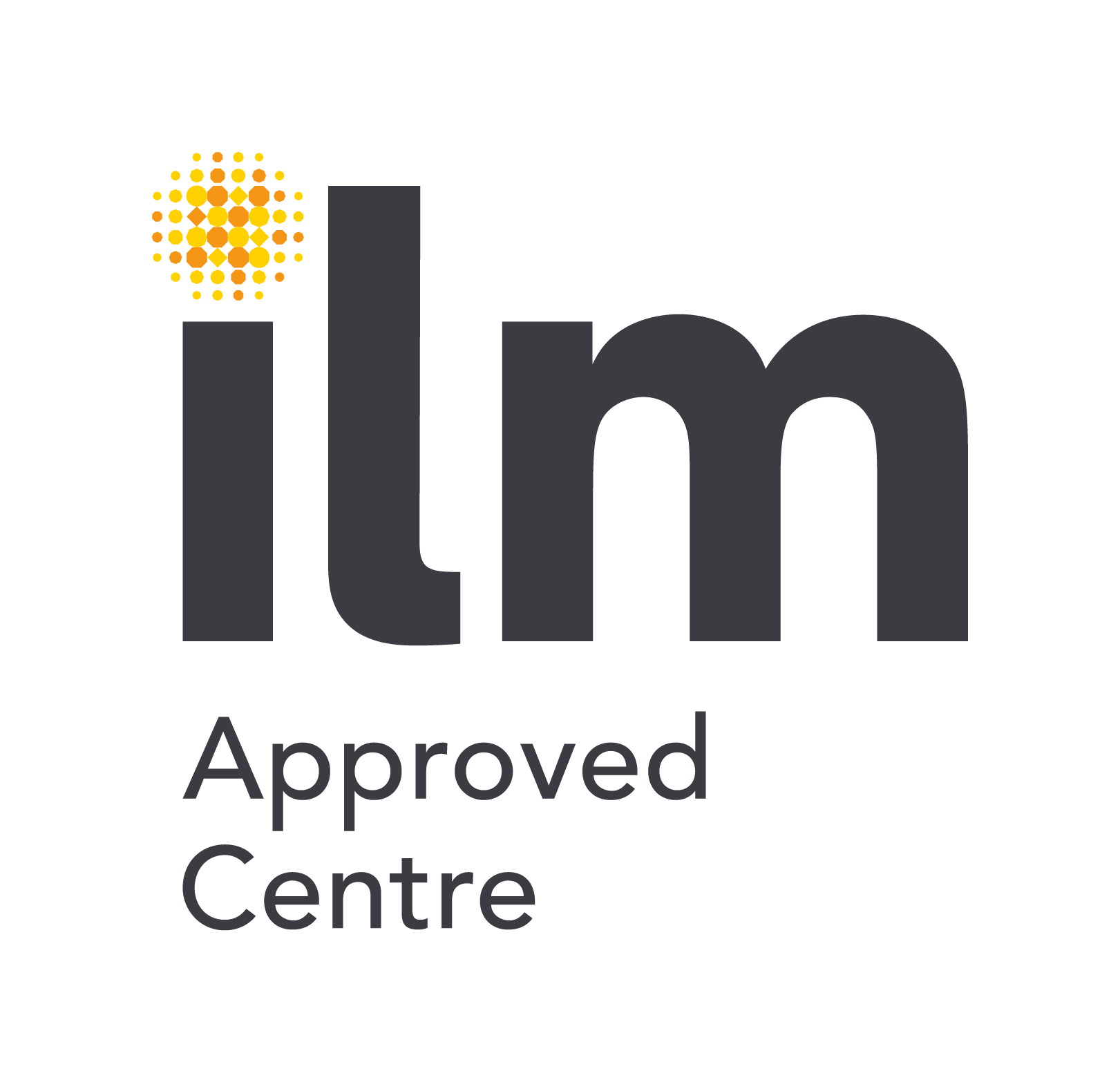Overview
Knowing how to communicate the organisation’s vision and strategy to the team is a crucial skill for any leader. On this course, participants will develop a greater understanding of the importance of the team having a common sense of purpose that supports the overall vision and strategy of the organisation and the importance of a leader in being able to motivate teams and individuals and gain their commitment to objectives. The course provides the opportunity to assess the effectiveness of a leader’s own communication skills in establishing a common sense of purpose. Practical examples of the role a leader plays in supporting and developing the team and its members are examined as well as how motivational factors may apply to different situations, teams and individuals.
Learning objectives
Following the completion of the course and assignment, the leader will be able to:
- Explain the importance of the team having a common sense of purpose that supports the overall vision and strategy of the organisation
- Explain the role that communication plays in establishing a common sense of purpose
- Assess the effectiveness of own communication skills on the basis of the above
- Describe the main motivational factors in a work context and how these may apply to different situations, teams and individuals
- Explain the importance of a leader being able to motivate teams and individuals and gain their commitment to objectives
- Explain the role that the leader plays in supporting and developing the team and its members and give practical examples of when this will be necessary
Course content
Day 1
A series of mini-activities are used to demonstrate and allow practice in approaching and solving problems. These begin with simple practical problems, but progress in complexity and realism as the day goes on.
Day 2
The second half of the day has an extended experiential exercise so that new concepts can be applied in a simulated leadership environment. Peer and instructor coaching is used to refine skills and understanding.





